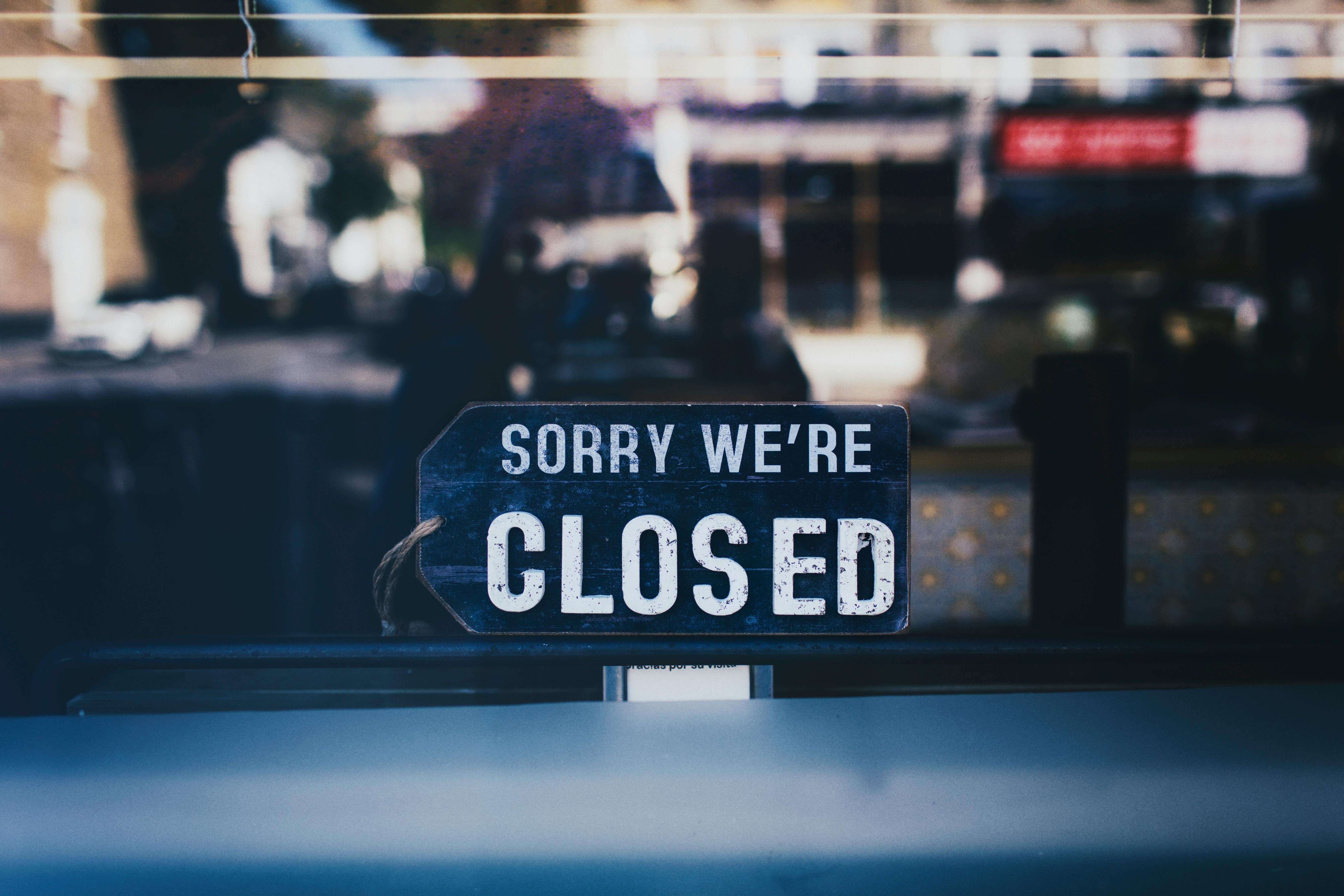If your business is struggling to pay its debts, you might be wondering whether you’ve crossed a line—especially if you’re still trading while trying to fix the situation. This is where things can get legally risky.
Trading while insolvent is one of the biggest pitfalls directors face. It can lead to personal liability, legal action and even disqualification. But if you understand the warning signs and act quickly, you can often avoid the worst outcomes.
What does trading while insolvent actually mean?
Trading while insolvent happens when a limited company continues doing business—even though it can’t pay its debts as they fall due, or its liabilities are greater than its assets.
In short: if you can’t pay your bills, or your balance sheet shows a negative net worth, your company may be insolvent.
And if you know this, or ought to know it, but carry on trading anyway, you could be trading while insolvent.
Is trading while insolvent illegal?
Technically, trading while insolvent isn’t a criminal offence in itself. But it can lead to serious legal consequences if you don’t act properly once you become aware of the company’s financial position.
The key concept here is wrongful trading. That’s when a director continues trading even after realising (or when they should have realised) there was no reasonable prospect of avoiding insolvency.
Wrongful trading isn’t automatically criminal, but it can lead to:
- personal liability for company debts.
- director’s disqualification.
- in serious cases, potential criminal charges (especially where fraud is involved).
Can you ever trade with an insolvent company?
There are very limited situations where you can continue trading temporarily, if you have a reasonable plan to rescue the business and protect creditors’ interests.
For example, if you’re actively seeking rescue finance or entering a formal insolvency process like administration or a Company Voluntary Arrangement (CVA), some trading might continue under professional supervision.
But if you’re not doing that and just hoping for the best then yes, you’re very likely breaching your director’s duties.
What are the penalties for trading while insolvent?
The consequences for trading while insolvent depend on your conduct and how early you seek help. If you delay and build up more debt, your personal risk increases.
Penalties may include:
Personal liability: You could be ordered to repay company debts from your own funds.
Director disqualification: You could be banned from running a company for 2–15 years.
Criminal prosecution: This is rare but possible, particularly if there’s evidence of fraud or misconduct.
HMRC is especially proactive in pursuing directors who they believe have knowingly continued trading while insolvent, especially where tax debts are involved.
What does the law say about insolvent trading?
Under the Insolvency Act 1986, directors have a duty to minimise potential loss to creditors once they know, or ought to know, the company is insolvent.
This means you must stop prioritising growth or recovery and start acting in the creditors’ best interests. Common breaches include:
- taking on more credit knowing you can’t pay
- paying one creditor while ignoring others
- selling assets below market value, and
- using funds (like Bounce Back Loans or VAT) for personal benefit
If you do any of this while insolvent, you’re at risk of being accused of wrongful or even fraudulent trading.
How do you prove trading while insolvent?
If the company goes into liquidation, the insolvency practitioner will examine the conduct of the directors, especially in the period leading up to the collapse. They’ll look at:
- Company accounts and cash flow
- Timing of payments and new debts
- Director loan accounts and dividends
- Correspondence with creditors and HMRC
If it’s clear the directors knew the company was insolvent and continued to trade recklessly, they can be held personally responsible.mpany was insolvent and continued to trade recklessly, they can be held personally responsible.
Can a sole trader trade while insolvent?
Sole traders aren’t subject to the same company laws. But they do carry personal liability for business debts. If you’re a sole trader and can’t pay your debts, creditors can take legal action against you directly. You could end up facing bankruptcy, having assets seized or bank accounts frozen.
So while the law around trading while insolvent is different, the risks to your financial future are very real.
Can you trade if your company is in liquidation?
No. Once a company enters liquidation, it must stop trading immediately. The appointed insolvency practitioner takes control of the business and its assets. If you continue to trade using that company name, you could face serious penalties.
That said, it’s often possible to start a new company after liquidation. This is sometimes called Start Afresh Liquidation. It’s legal if done correctly, but there are strict rules around using the same or similar name, and you should always get professional advice first.
We can help you avoid trading while insolvent
If you’re worried your company might be trading while insolvent, the most important thing is to stop, assess and act. Ignoring the issue will only increase the risks, for your business and for you personally.
That’s where expert advice comes in. We help directors understand their situation clearly and legally, then guide them through the best route forward, whether that’s business rescue using a CVA or liquidation to clear the debt.
Don’t wait for things to escalate. Get in touch today for free, confidential advice that puts you back in control.




